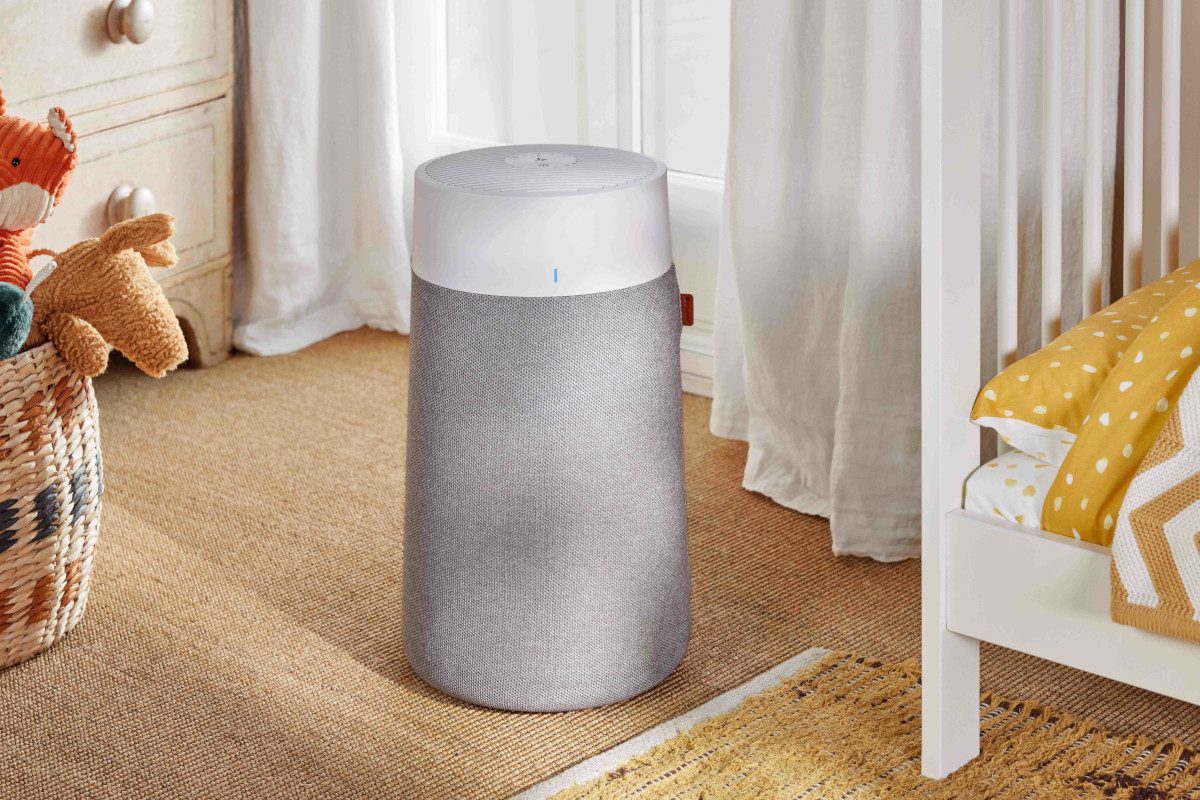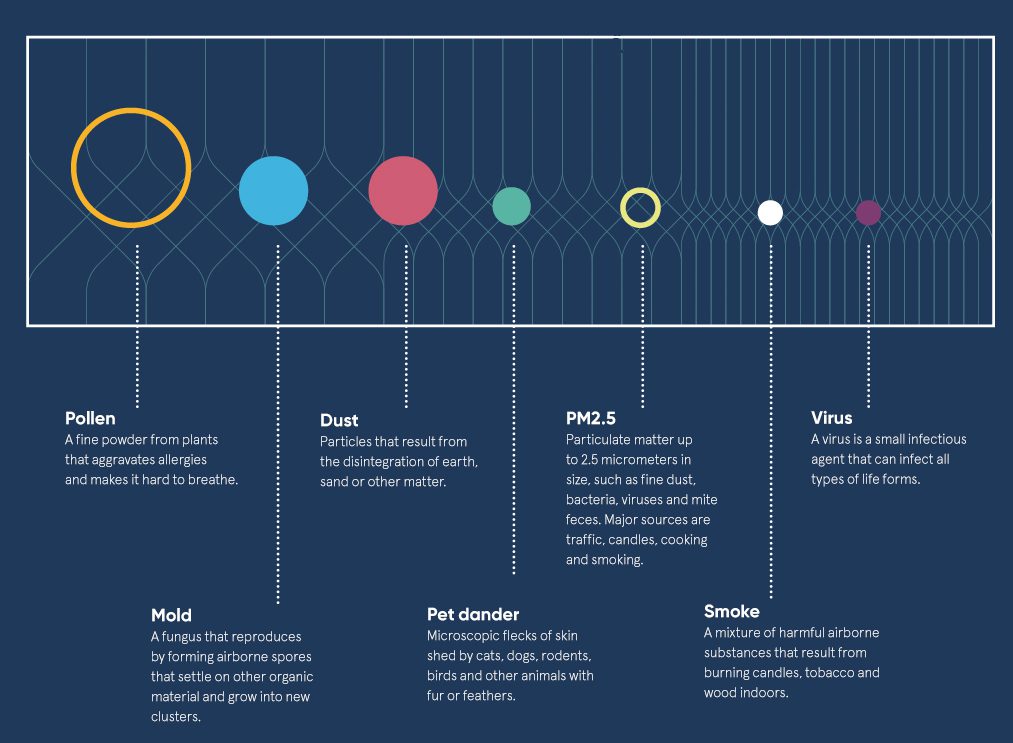
A resurgence of bed bugs seems apparent from recent media coverage, which reports that this is a European-wide issue and the Mayor of London has referred to the outbreak as a “real source of concern”. In the past few weeks, experts have shared tips to avoid infestation, as well as offered advice on what to do if you discover bed bugs at home. Here, Lars Dunberger, Technology Development Manager for B Corp air purifier expert, Blueair, discusses whether an air purifier can help.
“First and foremost, what’s important to know is that bed bugs do not discriminate between clean and dirty homes. However, the very sight of these parasites in the news has got many of us thinking about the overall cleanliness of our home environment – and there is simply nothing to lose and everything to gain from improving indoor air quality by investing in an air purifier.”
How can an air purifier help with bed bugs?
While an air purifier cannot rid your home of bed bugs once they are established – and it’s important to take measures to remove them definitively– it can promote a cleaner and healthier environment that many parasites struggle to thrive in.
“Even though bed bugs themselves are not airborne, their ‘waste’ matter can potentially trigger allergy and asthma symptoms,” explains Lars. “Somewhat grotesquely, studies have shown that bed bugs can emit a histamine that is released through their faeces.[1] This histamine can then become airborne and make us feel ill. Blueair air purifiers filter at least 99.97% of pollutants from 0.1 microns in size right through to PM10. That’s the equivalent to normal sized visible dust particles – so you can be safe in the knowledge that they can filter the waste of parasites such as bed bugs as well as dust mites.”
What’s more, during parasite infestation, many will turn to harsh chemicals, sprays, and toxic treatments. This is when a high performing air purifier is even more important. Volatile Organic Compounds (VOCs) found in these cleaning products are also bad for our health and exposure over time can lead to respiratory issues such as asthma.

(Above) Graph showing the comparative sizes of common types of pollution particles. Blueair’s HEPASilent Technology is able to capture at least 99.97% of airborne particles down to 0.1 microns in size.
Bed bugs vs dust mites.
Just like bed bugs, dust mites can live in mattresses and textiles. Up to 130 million people worldwide are thought to be allergic to dust but what many might not know is that the cause of irritation is actually dust mite faeces. Because dust mite faeces particles can become airborne, using an air purifier with a high-efficiency particle air filter (HEPA) can also help remove these and other allergens from the indoor air at home. For further information specifically on dust mites, visit https://www.blueair.com/gb/blog-all/health/air-purifiers-dust-allergies.html
Blueair’s tips for preventing parasites in the home:
- Vacuum regularly, particularly in places you have not vacuumed in a while such as mattresses and behind furniture.
- Vacuum and clean the inside of any bags recently used for travel.
- Clean your bedding regularly.
- Regularly open the windows to allow fresh air into the home, especially in colder months when indoor air can be stuffier
- Invest in a high performing air purifier with a high CADR (Clean Air Delivery Rate)
Indoor air can be up to five times more polluted than the air outside. An air purifier can help to improve indoor air quality and reduce your exposure to harmful pollutants such as dust, pollen, smoke, and pet dander. In addition to benefitting your overall health, studies have shown that air purifiers can help reduce allergy symptoms, improve sleep quality, and increase alertness and concentration.
Blueair air purifiers start from £99, available in the UK from Amazon, Argos, AO.com John Lewis, Very and more. Find a retailer at https://www.blueair.com/gb/retailers
References
[1] https://www.sciencedirect.com/science/article/pii/S0048969723017990#s0010







